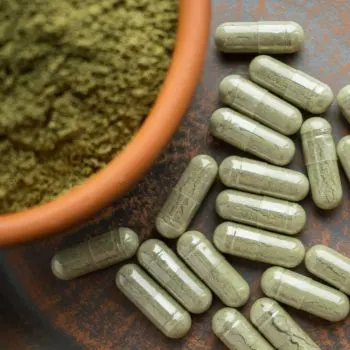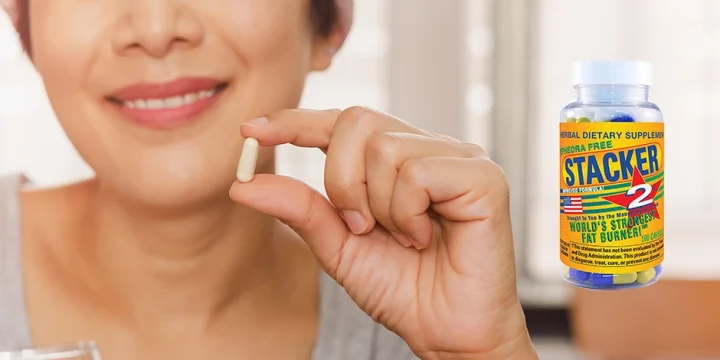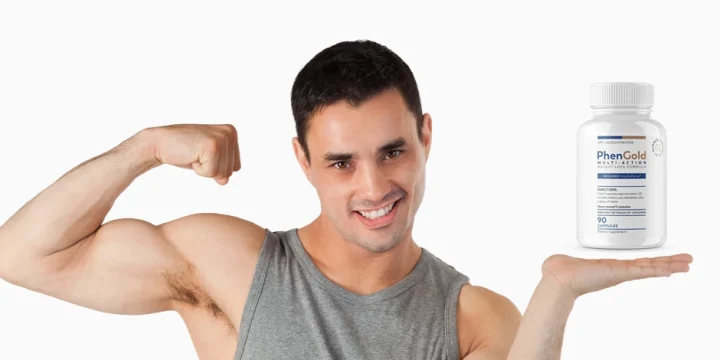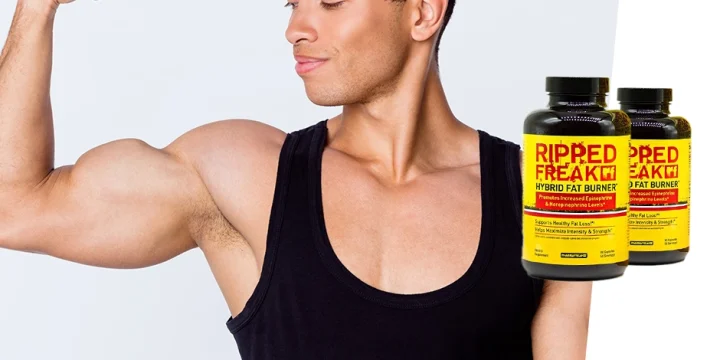Andrew Huberman's Sleep Cocktail offers a unique, research-driven approach to enhancing sleep quality.
Each component in this sleep supplement mix has been chosen for its specific benefits.
After conducting experiments with it and adopting the Huberman sleep protocol for two months, I've found his sleep cocktail to effectively complement a disciplined sleep routine, helping me get more deep sleep and improving my overall sleep quality in just 60 days.
So, in this guide, I’ll provide a detailed look at Huberman's sleep strategy to help you enhance your sleep efficiency, mitigate sleep disturbances, or increase your overall health.
Andrew Huberman Sleep Cocktail Supplement Ingredients

Dr. Andrew Huberman's sleep cocktail consists of potent, carefully selected ingredients like magnesium, L-theanine, apigenin, and glycine, all proven to enhance sleep efficiency and quality.
A mix of Andrew Huberman sleep supplements reduces sleep latency – AKA falling asleep faster – and assists in achieving the Non-REM sleep (deep-sleep stage), which is when memory consolidation happens.
When considering the long-term use of the sleep cocktail, it's crucial to understand its safety profile. Regular use of any supplement should be approached with caution, and it's important to discuss potential long-term effects with a healthcare professional.
Personal health factors, such as existing medical conditions or medication interactions, might necessitate adjustments to the sleep cocktail. Tailoring the ingredients and their quantities to individual needs could enhance both safety and effectiveness.
Related Posts:
Magnesium Threonate
It’s a central component of Huberman's sleep cocktail. Magnesium threonate aids in calming the brain and reducing neural excitability, allowing you to fall asleep faster, according to the Nutrients [1].
After incorporating magnesium threonate into my nightly routine, I noticed a significant improvement in how quickly I could unwind and fall asleep.
Magnesium threonate, unique in its ability to cross the blood-brain barrier, enhances sleep by activating GABA, a neurotransmitter that calms the brain.
For optimal results, a dosage of 200 - 400 mg, taken 2-3 hours before bedtime, is recommended.
L-theanine

This amino acid, found in tea and certain mushrooms, enhances sleep efficiency by reducing stress and anxiety, leading to improved rest, according to the Frontiers in Nutrition [2].
Since I started using L-Theanine, I've experienced a noticeable reduction in stress at bedtime, leading to more restful nights.
This is a nootropic that takes the edge off and balances caffeine intake. It has relaxant effects for deep sleep and activates sleep neurotransmitters.
Theanine regulates dopamine and serotonin production restoring circadian rhythms. A dose of 200 - 400 mg is enough.
Note: Don’t consume it if you have night terrors or sleepwalks.
Read More: Is L-Theanine A Nootropic: Everything You Should Know
Apigenin
Apigenin, present in chamomile tea and a key ingredient in Huberman's sleep cocktail, helps in calming the mind and reducing anxiety, facilitating quicker sleep onset.
A 50 mg supplement dose is typically sufficient. Alternatively, drinking chamomile tea before bed can offer similar calming effects.
Including apigenin in my evening routine has been a game-changer for calming my mind and easing into sleep faster.
“Sleep is essential for memory consolidation. When you sleep, your brain goes through a process of consolidating memories and making them permanent.”
- Andrew Huberman, Neuroscientist
Other Huberman’s Sleeping Complements
Aside from the supplements above to prevent disturbing dreams and sleep better, Huberman takes 100 mg of glycine and 2 mg of GABA between 3 and 4 times weekly.
Adding glycine and GABA to my regimen a few times a week has significantly improved my sleep quality and reduced disturbing dreams.
His Stats

- Age: 47 years
- Height: 5’ 8”
- Weight: 225 lbs
- Waist: 33”
- Chest: 42”
Andrew Huberman, a Stanford University professor and neuroscientist, hosts the Huberman Lab podcast, focusing on sleep, exercise, and nutrition.
His insights on sleep are grounded in extensive neuroscience research.
He has found that sleep is essential for memory consolidation, learning, and immune function. He has also discovered that sleep deprivation leads to various health problems, including obesity, depression, and anxiety.
In his podcast episodes on sleep, Huberman discusses:
- The implication of sleep for memory and learning
- The effects of sleep deprivation on health
- Tips for improving sleep quality
- Supplements that can help with sleep
Diet Plan

Dr. Andrew Huberman begins his day with a hydration routine, including water, electrolytes, and Athletic Greens, followed by a protein smoothie. This regimen is tailored to boost cognitive function and testosterone levels.
He also adjusts his carbohydrate intake based on his workout intensity, emphasizing a balanced diet for overall health and optimal testosterone.
Mirroring Dr. Huberman's hydration routine, I kickstart my day with water, electrolytes, and a protein smoothie, which boosts my energy and focus.
Midday Meal - Emphasis on Protein and Greens
For his midday repast, Huberman prefers a protein-centric food with a serving of vegetables.
This meal composition supports the production of free testosterone but also fortifies the blood-brain barrier, a critical aspect of cognitive health.
Afternoon Pick-Me-Up

Huberman opts for a lighter fare—typically a handful of nuts or a serving of Athletic Greens or whey protein.
This dietary choice generates alpha brain waves, which are crucial for promoting relaxation and focus.
Evening Repast - Balancing Macros
Regarding the evening meal, he leans toward a balanced mix of starchy carbohydrates, proteins, and vegetables.
These food choices help total testosterone level enhancement and promote better sleep.
At this time, he usually takes his magnesium L-threonate dose to supplement his brain with relaxing benefits and pave the way for quality sleep.
Huberman's suggestion: Finish the final meal about 2-3 hours before bedtime to ensure better sleep and optimal digestion.
If you feel this cocktail isn't for you but want to take magnesium and other natural enhancers, you can find the best magnesium supplements here.
“Sleep is the ultimate nootropic. It's the most powerful thing you can do to improve your cognitive function.”
- Andrew Huberman, Neuroscientist
FAQs
What Magnesium Does Huberman Recommend for Sleep?
Andrew Huberman recommends magnesium threonate or magnesium bis-glycinate for sleep. These forms are absorbed better and faster while having a more significant effect on your resting hours than other types of magnesium.
How Do You Take a Huberman Sleep Cocktail?
You can take a Huberman sleep cocktail together or separately. He recommends taking the supplements together 2 or 3 hours before bed.
References:
- https://www.researchgate.net/publication/366149973
- https://www.researchgate.net/publication/359830984
About The Author
You May Also Like






